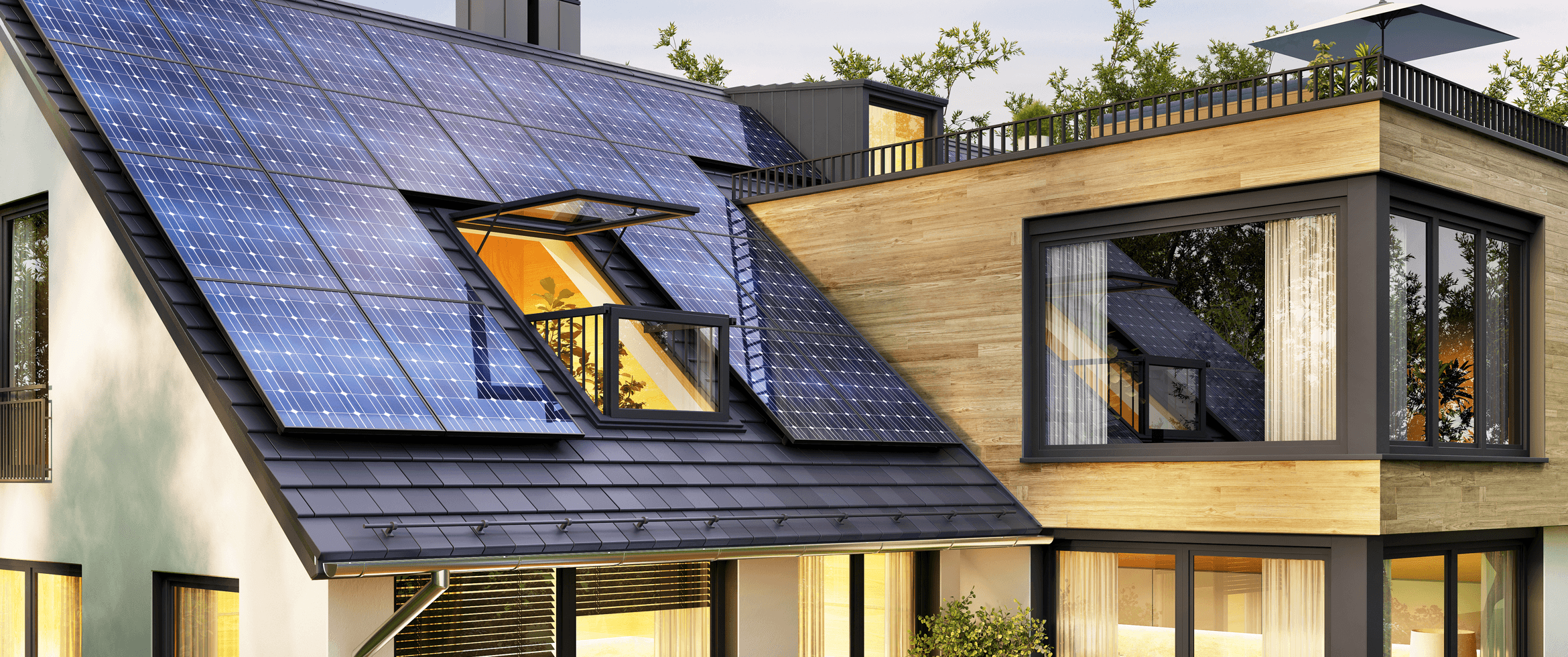Reducing Electricity and Natural Gas Consumption Using Feedback and Incentives in Voorschoten, Netherlands, ,
Midden, C. J., Meter, J. E., Weenig, M. H., & Zieverink, H. J. (1983). Using feedback, reinforcement and information to reduce energy consumption in
Effects of Monetary Rebates, Feedback, and Information on Residential Electricity Conservation
Winett, R. A., Kagel, J. H., Battalio, R. C. & Winkler, R. C. Effects of monetary rebates, feedback, and information on residential electricity conservation. Vol. 63. 1978. 73-80.
Using Feedback, Reinforcement and Information to Reduce Energy Consumption in Households: A Field-Experiment
Midden, C. J., Meter, J. E., Weenig, M. H., & Zieverink, H. J. Using feedback, reinforcement and information to reduce energy consumption in households: A field-experiment. Vol. 3. 1983. 65-86.
Tapping Satisfactions to Promote Energy Conservation Behavior
Simmons, D., & Widmar, R. (1986). Tapping Satisfactions to Promote Energy Conservation Behavior. Environmental Education and Information, 5(2), 70.
Energy Behavior
Stern, P., & Kirkpatrick, E. (1977, January 1). Energy Behavior. Environment.
Dormitory Residents Reduce Electricity Consumption when Exposed to Real-Time Visual Feedback and Incentives
Petersen, J., Shunturov, V., Janda, K., Platt, G., & Weinberger, K. (2007). Dormitory Residents Reduce Electricity Consumption when Exposed to Real-Time Visual Feedback and Incentives. International Journal of Sustainability in Higher Education, 8(1), 16.
"Consciousness" in Energy Conservation Behavior: An Exploratory Study
Heslop, L. A., Moran, L. & Cousineau, A. (1981). "Consciousness" in energy conservation behavior: An exploratory study. Journal of Consumer Research, 8, 3, 299-305.
Using Group Contingencies to Reduce Natural Gas Consumption in Master Metered Apartments
Slavin, R. E. & Wodarski, J. S. (1977). Center for Social Organization of Schools Report, Johns Hopkins U. Using group contingencies to reduce natural gas consumption in master metered apartments. (pp. 16).
Tax Credits as a Means of Influencing Consumer Behavior
Pitts, R. E., & Wittenbach, J. L. (1981). Tax credits as a means of influencing consumer behavior. Journal of Consumer Research, 8, 3, 335-338.
The Value of Incentives in Stimulating Energy Conservation
Hutton, R. B., & McNeill, D. L. (1981). The value of incentives in stimulating energy conservation. Journal of Consumer Research, 8, 3, 291-298.



